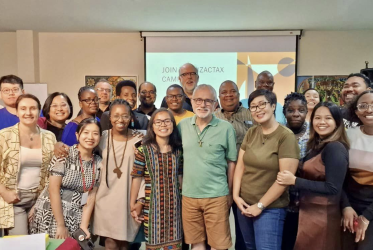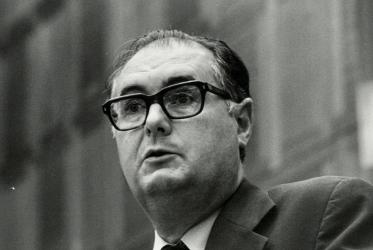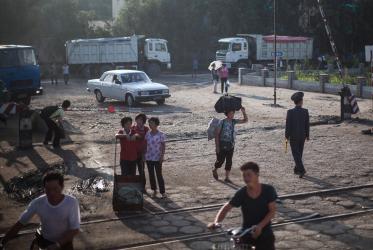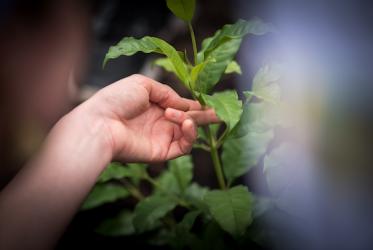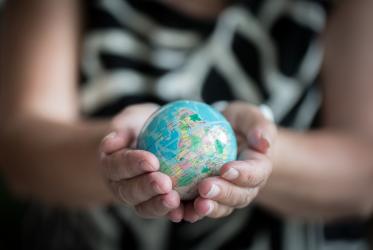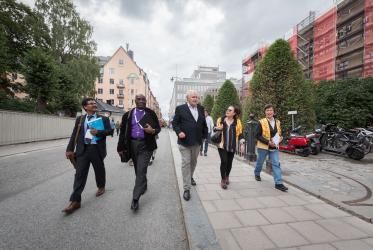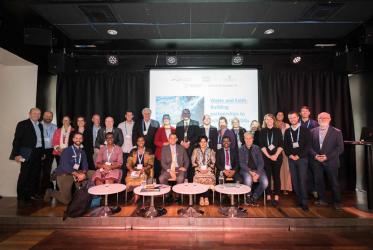Displaying 1 - 20 of 39
GEM School explores how to make new economic world order a reality
08 September 2023
WCC mourns the death of Julio de Santa Ana
20 April 2023
Church of South India eco-ministry featured on UNESCO website
17 February 2020
WCC President Wejryd: ‘Water, in many ways, represents God’
27 September 2019
WCC pays tribute to ecumenist pioneer
08 May 2019
Interfaith Rainforest Initiative expands
12 February 2019
Paving the way for ecumenical studies, learning English in Bossey
24 September 2018
Faith and Water: Translating words into action
30 August 2018
#WCC70: Nathan Söderblom, ecumenical pioneer
29 August 2018


